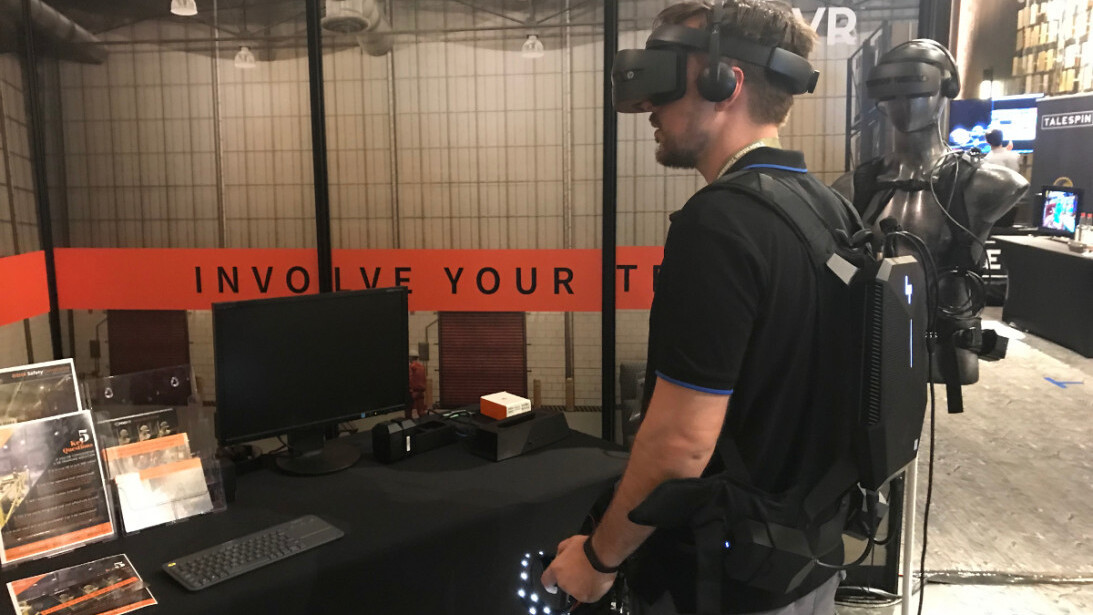
I love VR and I love gaming, but I have now got to the point where the mention of the two things in the same sentence – specially when people seem to imply they’re the same thing – makes me roll my eyes and sigh.
Part of it is due to the fact I’m yet to get really hooked into a VR game. Most of them just make me feel queasy, so I’m limited to short experiences that showcase the potential of the medium, for sure, but in no way prompt me to sell my console and screen setup just yet.
What I have seen, however, are plenty of solid examples of how immersive technology is being applied in industry sectors as diverse as education, retail, filmmaking, or medicine, with significant and measureable ROI.
There’s a wealth of evidence out there about how adding immersive tech to a company’s existing workflow can instantly boost efficiency and collaboration. One of my favourite examples of that is how global construction giant Trimble uses Mixed Reality to help its architects and other professionals on the ground to visualize plans and spot problems at concept stage, when they are infinitely easier and cheaper to address than after building work takes place.
Another more recent example of that I came across was PIXO VR partnering with HP to provide virtual reality training to enterprise, and interestingly the company was keen to highlight the fact that they provided “AAA-game quality VR training experiences and behavior-changing narratives.”
This overlap makes sense, as many of the professionals producing this sort of content have expertise acquired in the gaming industry, and building compelling experiences is something that is bread and butter stuff for game developers and translates very well into an enterprise solutions setting.
These are important cases to highlight not only because they are interesting (at least to enthusiasts of the technology such as myself) but also because if we attempt to measure the success or otherwise of VR/AR/MR by the yardstick of gaming, we’re likely to get it wrong. Headsets like The HoloLens or Daqri will never sell as many units as the Xbox 360, but that doesn’t mean they’re not game-changing technology that’s adding real value to businesses.
So, while I do enjoy gaming as much as the next gal, what’s most exciting to me is seeing how companies big and small are using Virtual, Augmented and Mixed Reality to solve pain points, save money, connect people, make workflows more collaborative, and make our real world a better – and more efficient – place.
Get the TNW newsletter
Get the most important tech news in your inbox each week.





